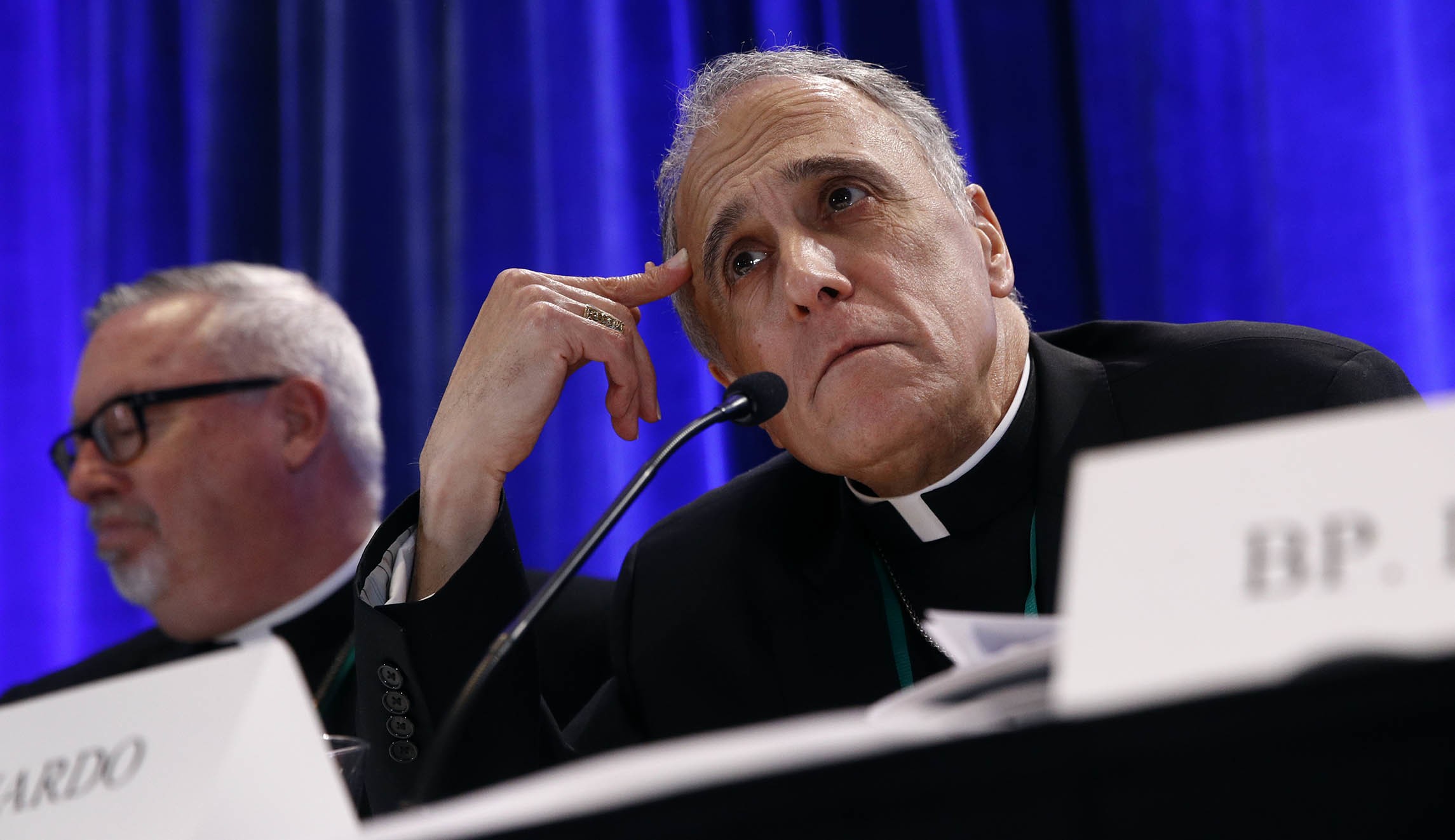Vatican Shows for the Umpteenth Time It Doesn’t Take the Clergy Sex Abuse Scandal Seriously
By Becket Adams
Pope Francis takes the cancer of clergy sexual abuse seriously, but not seriously enough to allow the U.S. bishops to move quickly to enact serious and much-needed reforms. The American bishops appeared stunned this week after it was announced in Baltimore at the start of their annual meeting that the Vatican’s Congregation for Bishops had ordered them to cancel a planned vote on measures to address the clerical sexual abuse scandal that has rocked the Roman Catholic Church. The Vatican has instructed the U.S. bishops instead to hold off until the Church’s sexual abuse summit in Rome, which doesn’t convene until February 2019. Because what’s the rush? “We have accepted it with disappointment,” said Cardinal Daniel DiNardo of Houston, who heads the United States Conference of Catholic Bishops. “We are not ourselves happy about this. We are working very well to move to action, and we’ll do it. We just have a bump in the road.” "I remain hopeful that this additional consultation will ultimately improve our response to the crisis we face,” he added, trying his best to put some sort of positive spin on the decision. The reforms that the bishops planned to vote on included the creation of a hotline to report abuse by bishops, the creation of a lay review board to review accusations, and a means to remove or punish bishops accused of sexual abuse. The USCCB had also planned to vote on a proposed bishops’ code of conduct, the New York Times reports. "We had this agenda, we were moving forward on these documents, this was our goal,” said Bishop Christopher Coyne of the Vermont Diocese of Burlington. “And now ... it will look like we don't have to come up with much." As if to add insult to injury, the Vatican’s ambassador to the United States, Archbishop Christopher Pierre, also warned the U.S. bishops this week of the supposed dangers of ceding control to the laity. “Surely, collaboration with the laity is essential,” he said. “However, the responsibility as bishops of this Catholic Church is ours.” As it stands now, the Vatican itself hasn’t fully explained the request for the delay. The best we have is an explanation from an anonymous source who told the Times that he believes “the pope wanted to see a coordinated global response, and that it did not make sense for the bishops’ conference of one country to move independently ahead of others. He acknowledged that the delay would raise expectations that the global meeting at the Vatican next year would produce concrete results, but he said that was the meeting’s purpose in any case.” DiNardo himself hinted that it could be something like this, saying sexual abuse is a “universal” problem and that “the Church has to handle it universally.” The glacial pace at which the Vatican is moving is maddening. The sex abuse scandal spans several decades and continents. It is obviously systemic, ensnaring top Vatican officials and running deep into the heart of the Church. How are is the pope not moving with greater urgency, and why would he tell the American bishops to hold off on what are clearly smart and much-needed reforms? Cardinal Blase Cupich of Chicago, whom I've been critical of in the past, had the excellent idea this week of debating the proposed measures and taking a nonbinding vote anyway, with the agreement that they reconvene in March after the Rome summit to make the policies official. The Vatican could've just asked the American bishops to do that. Instead, it has instructed them to stop altogether at a time when the Church has lost all reason to be taken seriously on this issue. Either the pope understands the gravity of the matter and he is concerned more with asserting the control and authority of his office, or he doesn’t see the problem for what it is. Neither option is especially heartening. The one bright spot in this entire ordeal — a moment that signaled the U.S. bishops were getting serious about the scandal — has been snuffed out.
|
.
Any original material on these pages is copyright © BishopAccountability.org 2004. Reproduce freely with attribution.
